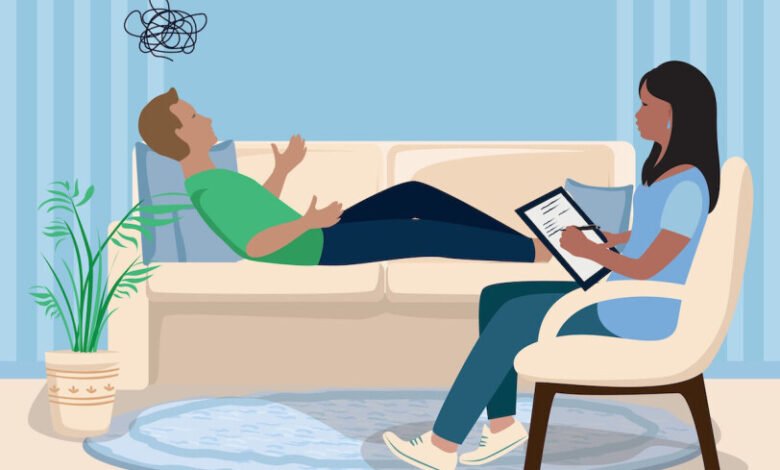Therapy for Everyday People: You Don’t Have to Be in Crisis to Get Help

When people think about therapy, they often imagine a last resort during a life crisis or emotional breakdown. However, the reality is far more inclusive and empowering. Therapy isn’t just for those in distress, it’s a resource for anyone seeking clarity, growth, or a healthier relationship with themselves and others.
What Therapy Looks Like Outside of a Crisis
Therapy doesn’t have to be reactive. In fact, it’s most powerful when used proactively as part of a person’s wellness routine. Working with a therapist can offer valuable insights into your behavior, emotions, and patterns before they escalate into full-blown issues.
- Gain clarity about personal goals and values
- Improve communication in relationships
- Develop emotional regulation tools
- Learn to manage stress and prevent burnout
- Deepen self-awareness and mindfulness
Whether you’re navigating everyday anxiety or simply seeking more balance in life, talking to a professional can offer both relief and direction. www.innervoicetherapy.ca provides compassionate support for individuals who want to explore themselves in a safe and collaborative space.
The Benefits of Early Emotional Check-Ins
Taking care of your mental health doesn’t require a formal diagnosis or rock-bottom moment. Much like visiting a doctor for routine physicals, regular mental health check-ins can prevent long-term issues.
Establishing Emotional Resilience
Seeing a therapist regularly builds your capacity to bounce back from life’s challenges. You become better equipped to process emotions and make sound decisions. Over time, this strengthens your overall emotional wellbeing.
Recognizing Unhealthy Patterns Early
A therapist can help you notice and address patterns before they become harmful habits. Whether it’s avoiding confrontation, overextending yourself, or internalizing guilt, early intervention makes change easier. This awareness leads to healthier coping strategies.
Creating a Safe Space to Reflect
Therapy provides a nonjudgmental environment where you can explore your inner thoughts. Sometimes, simply articulating a worry or insecurity helps deflate its power. This safe space can become a foundation for more confident living.
Building Better Habits
From setting boundaries to improving sleep hygiene, therapy supports small but significant behavior shifts. With professional guidance, these habits stick more easily and are tailored to your lifestyle. The result is gradual, sustainable self-improvement.
Supporting Life Transitions
You don’t have to be in crisis to feel ungrounded during big changes. Starting a new job, moving cities, or becoming a parent can be overwhelming. Therapy helps you adjust emotionally and mentally to new roles and responsibilities.
Preventing Burnout
Checking in with a therapist can be a key factor in identifying and managing burnout before it derails your life. By learning to recognize signs early, you can take proactive steps to restore balance. This is especially important for caregivers, professionals, and parents.
Strengthening Relationships
Whether you’re single, dating, or married, therapy enhances your relationship with others. Understanding your communication style, attachment patterns, and emotional triggers helps you show up more consciously. The ripple effects improve connection and intimacy.
Making Therapy Accessible and Relatable
Therapy is not about fixing something broken, it’s about understanding yourself better. Removing the stigma around therapy starts with redefining who it’s for: everyone. That includes students, professionals, parents, retirees, and anyone navigating the ups and downs of life.
- You can go to therapy if you feel “stuck” without a clear reason
- Therapy supports both personal and professional growth
- It’s okay to attend just a few sessions for clarity or direction
- There’s no “right” reason to seek therapy, every experience is valid
- Modern therapy includes online options for convenience and privacy
Choosing the right therapist is a deeply personal decision. Look for someone who feels approachable, listens actively, and helps you feel safe.
Conclusion
You don’t have to wait for a crisis to benefit from therapy. Investing in your mental health early fosters resilience, strengthens relationships, and nurtures personal growth. Therapy is a tool, not a last resort and it’s available to everyone.




